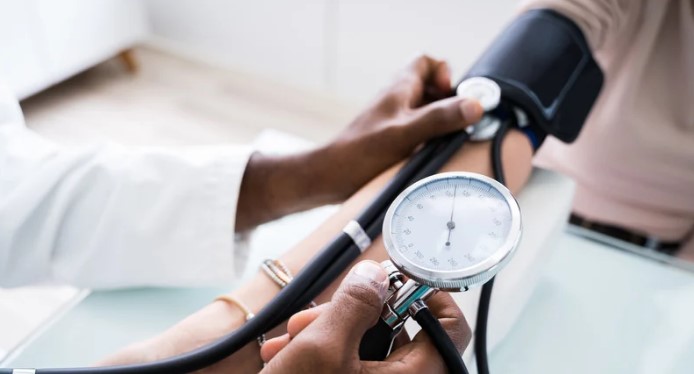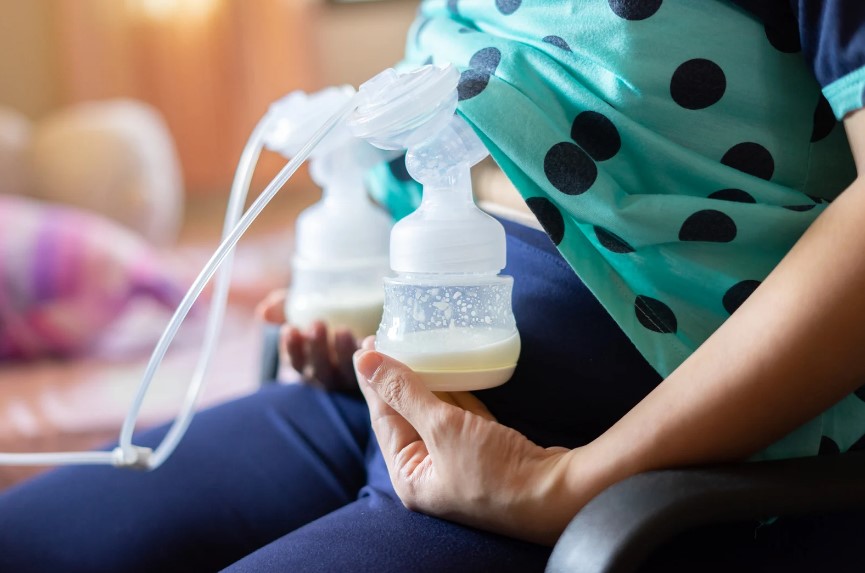Carole Falletta, MS, MA, PMHNP-BC, FNP-BC, RNC-EFM, IBCLC, LCCE Carole is a nurse practitioner with over 30 years of experience in nursing, specializing in women's health, newborn care, and reproductive and postpartum mental health. Actively practicing in healthcare, she supports women and families during the perinatal journey through compassionate, evidence-based care. A dual board-certified nurse practitioner in psychiatric and family health, Carole is also an International Board-Certified Lactation Consultant (IBCLC) and Lamaze Certified Childbirth Educator, combining her clinical expertise and passion for education to empower mothers and babies.
There’s nothing quite like the moment you pack up your tiny, swaddled baby and head home for the very first time. It’s exciting, a little overwhelming, and full of emotion. You’ve waited months to meet your baby—and now you get to take them home!
Whether you delivered in a hospital or birth center, there are a few important things to know before you’re discharged. Here’s a friendly, helpful guide to get you ready for that big first day home.

1. Your Baby Will Be Checked Before Discharge
Before you go home, your baby will have several health checks to make sure they’re safe and ready for discharge. These may include:
- A full physical exam by a pediatric provider
- Newborn screening tests, often done with a heel prick
- A hearing screen
- A heart defect screening (pulse oximetry)
- Monitoring of feeding, peeing, and pooping patterns
If anything needs follow-up, your healthcare team will give you clear instructions.
2. Plan Ahead for the Drive Home
For many families, getting home involves a short car ride, but others may have a longer drive—an hour or more. If that’s you, let your care team know before discharge so they can offer additional guidance.
Babies should not stay in car seats for more than 2 hours at a time, especially in the newborn stage. If your ride is long, plan to stop at the 90-minute mark, take your baby out of the seat, feed if needed, and let them stretch safely before continuing.
Make sure your car seat is:
- Rear-facing and properly installed
- Strapped snugly with the chest clip at armpit level
- Free of added inserts that didn’t come with the seat
3. You’ll Receive Important Paperwork
Be sure to take home:
- Birth certificate paperwork or confirmation
- Social Security number application info
- Any vaccination records (such as hepatitis B)
- Discharge summary and newborn care instructions
Keep this paperwork handy for your baby’s first pediatrician visit.
4. When to See the Pediatrician
Most providers recommend a baby’s first pediatrician visit within 24–72 hours of going home—especially if your baby was born early, had feeding issues, or is breastfeeding. This visit is important for:
- Checking weight gain and hydration
- Assessing jaundice and overall wellness
- Answering any early feeding or newborn care questions
Try to schedule this appointment before you leave the hospital or birth center, especially if going home over a weekend or holiday.
5. Know When to Call the Doctor
Even after the first visit, it’s good to know what’s normal and when to reach out. Call your pediatrician if your baby:
- Has a fever of 100.4°F (38°C) or higher
- Isn’t feeding well or refuses to eat
- Has fewer than 3 wet diapers by day 3
- Seems unusually sleepy, hard to wake, or very fussy
- Has yellowing skin or eyes that may suggest jaundice
6. Expect a Mix of Emotions
Taking home your baby can feel surreal—joyful, nerve-wracking, and everything in between. It’s completely normal to feel emotional or even anxious during the early days. You’re not alone.
Lean on your support system. Let someone else rock the baby while you shower. Accept the meals. Don’t be afraid to ask for help or reassurance. You’re learning, and that’s okay.
7. Have the Essentials Ready at Home
Make sure you have the basics on hand before heading home:
- Diapers and wipes
- Swaddle blankets and baby clothes
- A safe sleep space (crib, bassinet, or pack-and-play with a firm, flat mattress and no loose bedding)
- Feeding supplies (breastfeeding pillow, bottles, or formula if using)
- A digital rectal thermometer – This is the most accurate way to check a baby’s temperature, especially during the first 3 months of life. Keep it clean and accessible in case you need to check for fever or illness.
- Any pediatrician-recommended infant-safe medications, like gas drops or saline spray
One Day at a Time, One Snuggle at a Time
No matter how prepared you feel, there will be a learning curve—and that’s okay. You don’t need to have all the answers. You just need to show up with love, patience, and curiosity.
Whether your ride home is 10 minutes or 2 hours, whether you’re feeling confident or a little overwhelmed, trust this: you are exactly the parent your baby needs. One day, one feeding, one diaper at a time—you’re doing it. And you’re doing great.

Carole Falletta, MS, MA, PMHNP-BC, FNP-BC, RNC-EFM, IBCLC, LCCE Carole is a nurse practitioner with over 30 years of experience in nursing, specializing in women's health, newborn care, and reproductive and postpartum mental health. Actively practicing in healthcare, she supports women and families during the perinatal journey through compassionate, evidence-based care. A dual board-certified nurse practitioner in psychiatric and family health, Carole is also an International Board-Certified Lactation Consultant (IBCLC) and Lamaze Certified Childbirth Educator, combining her clinical expertise and passion for education to empower mothers and babies.





